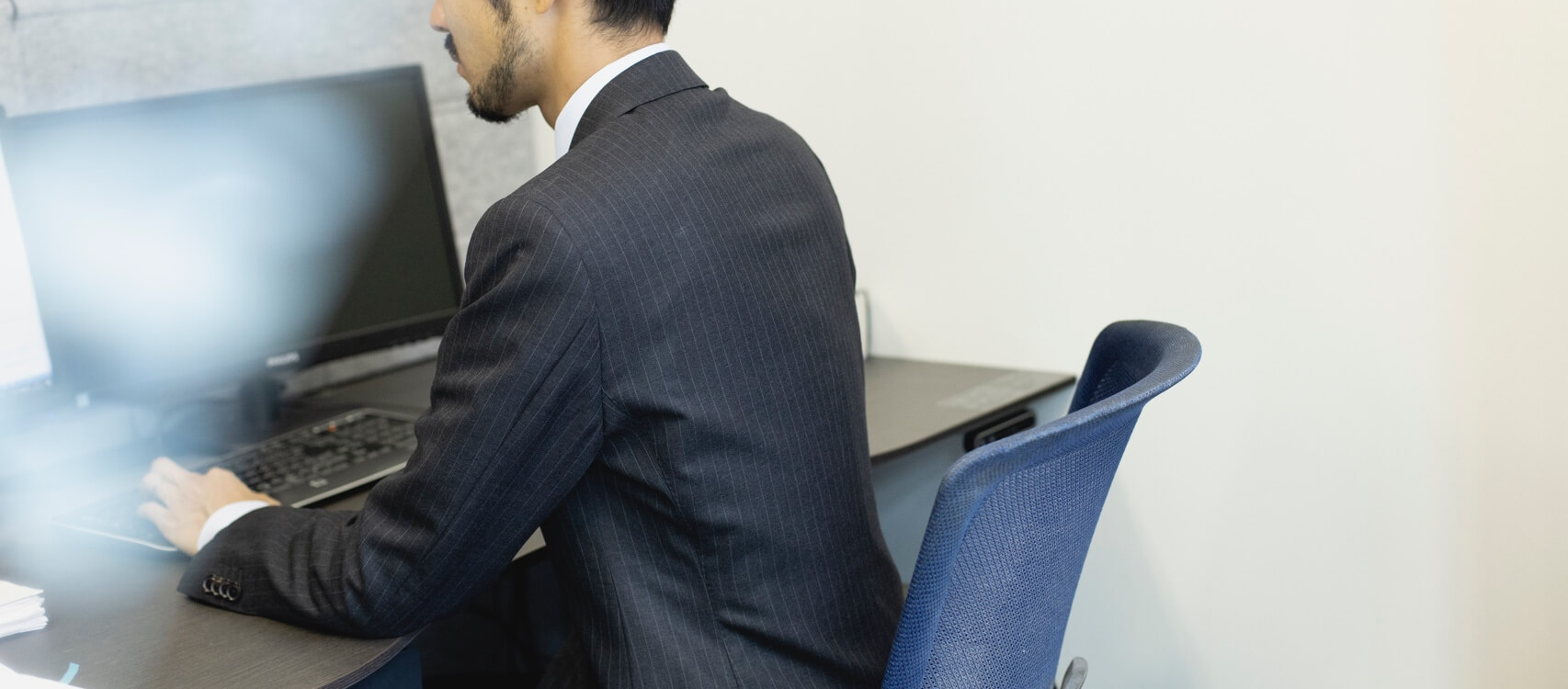

Practices
Japan is one of the countries that have the largest volume of cross-border trade (in the total volume of import and export) in the world. Cross-border trading constitutes a significant part of economic activities of those who conduct business in Japan or with Japanese companies. The participants in trading business range from sole proprietors to companies such as trading companies conducting large-scale trades. Regardless of the scale, the companies or proprietors conducting trading business have to undergo the customs clearance.
The issues arising in the customs clearance include assessment of customs value of, and customs rates applicable to, the goods under the Customs Act, Customs Tariff Act and other statute providing minute rules. Further, issues sometimes arise from law or regulation that does not appear to be relevant to the import or export. Those who are involved in trading business have to adequately respond to these complicated issues, as any failure thereof can result in delay or suspension of import or export and heavily affect the business.
Such issues as discussed above may be realized even after the importer or exporter cleared the goods through the customs. For example, the customs can come to audit the importers’ books and records for the last five years to investigate if the import declaration was properly performed and the amount of customs for the import were duly reported. Many importers are unaware of the chance of being audited by the customs, but a few thousands of importers undergo the customs audit or so-called “post-clearance” audit (jigo-chosa) per year, and approximately seventy percent of them receive an assessment or administrative direction due to underreporting or other breach of law.
Since the establishment, our firm has practiced various laws in relation to customs. Our practice includes representing and assisting importers and exporters in post-clearance audit and advising on various issues regarding import and export.
Our Practice: